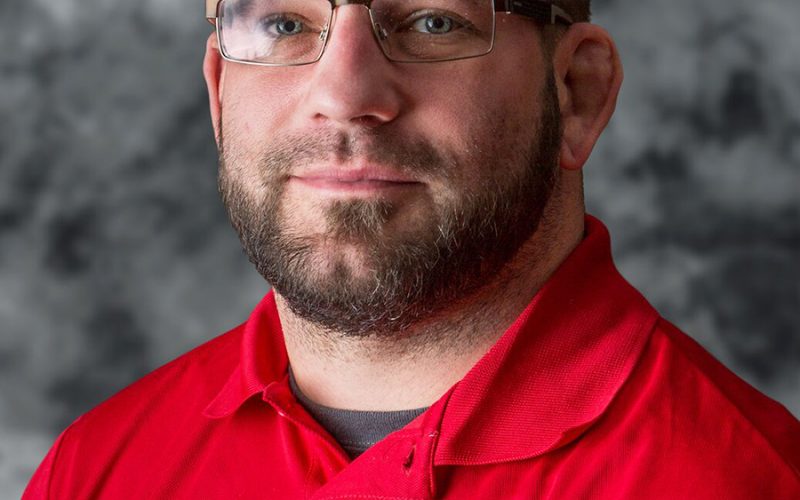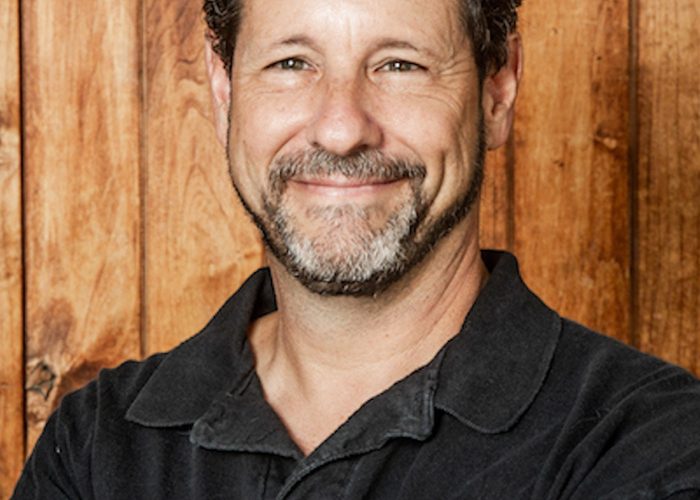Ep.42: Becoming a Production Manager Without a Construction Background with Brad Yetman
With growth comes a need to hire a Production Manager — someone responsible for the entire department. It can be a difficult transition to move a Production Manager or Lead Carpenter up into that role. It’s about managing a department and the people, and it’s much more complex than running a job. Your company may benefit by looking outside the industry for your Production Manager.
In this episode, Brad Yetman talks to Tim and Steve about his experience coming into a Production Manager role from outside the remodeling and residential construction industries.
Brad is the vice president of construction, as well as part owner of Anthony Wilder Design/Build in Cabin John, MD. Brad is responsible for overseeing the production department, which produced about $14,000,000 last year. Brad has developed a financially focused approach to production management with an emphasis on “knowing the numbers,” both in the field and in the office, an approach which fits well with the company’s open book policy. But it wasn’t always a smooth transition.
Before joining Anthony Wilder, Brad had a limited background in carpentry and construction. He had worked in in commercial development and real estate. When he took the Production Manager job, he was overwhelmed for the first six months. In his second six months, he began to figure out it was about managing a department and people — and keeping a keen eye on profits. He tells business owners why and how to look outside the industry, as well as what to do when your hire someone, including:
- Hiring for cultural fit
- Setting Gross Profit and Net Profit goals at the outset
- Bypassing hostility from within the department
- Translating the numbers for those in the field
- Networking to find an outside candidate
- The importance of staying open to learning
- And much more…
Including why having dogs in your office is a cool idea. But the most important thing, says Brad, is hiring a good manager — because the industry specifics can be learned.
What’s the Big Idea?
Do you have a great idea for a future topic or guests? Shoot Tim and email at tim@remodelersadvantage.com.
Project Manager Training with the Experts at Remodelers Advantage
Remodelers Advantage presents a Masterclass course designed specifically for Project Management personnel in the remodeling and custom-building industries.
This program, led by Tim Faller, Victoria Downing and Doug Howard, consists of two days of intensive training and instruction focused on two of the most important aspects of managing a project; (1) hitting the agreed-upon budget and (2) working with and managing the team effectively. Click here for more information.













